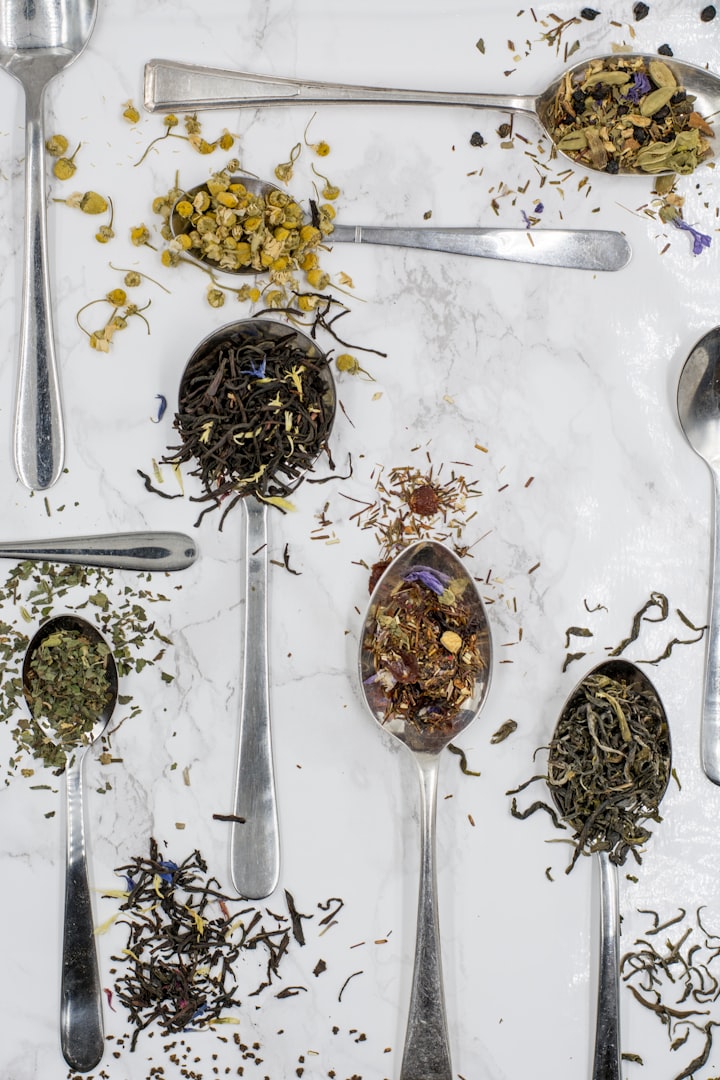
This article will introduce you to the foundations of Dietetics and the traditional Chinese medicine diet, as well as the overall theory of how diet relates to Chinese medical theory. First, it's important to understand that organs in Chinese medicine are associated with specific natures and flavors. For instance, the Spleen and Stomach are linked organs that are associated with the sweet flavor. The Long and Large Intestine are another organ pair associated with the spicy or acrid flavor. The Kidney and Bladder are considered an organ pair associated with the salty flavor. The Liver and Gallbladder are an organ pair associated with the sour flavor. Lastly, the Heart and Small Intestine are an organ pair associated with the bitter flavor. These associations were made by ancient physicians who observed a relationship between certain foods and specific organs. For example, they noticed that spicy or acrid foods, such as chili peppers, can cause the nasal passages to open up, increase mucus production, and stimulate saliva flow. This is how they concluded that spicy foods have an effect on the Lungs. While this may seem like an unconventional concept, it reflects the observations made by ancient Chinese physicians regarding the impact of food on the physical organs of the body.
The first concept to grasp is the energetic properties of food. Essentially, this refers to understanding the Chi (temperature) and flavor of the food. Chi represents the temperature of the food, which can vary between hot, warm, neutral, cool, or cold. On the other hand, flavor refers to the five basic tastes we discussed: sweet, spicy, sour, bitter, and salty. To provide some examples, foods that are considered hot include alcohol, ginger, chili peppers, and spicy foods. Cool foods can be represented by fruit juices, tomatoes, and bananas. When it comes to meats, warmer options would be beef and chicken. On the cooler side of the spectrum, we have barley, tofu, and wheat as examples. Expanding upon this, we can associate specific flavors and foods with particular organ systems. For instance, the Spleen and stomach are linked to the sweet taste and are also associated with bananas, chicken, milk, pork, potatoes, and wheat.
The lungs and large intestine are linked to spicy or acrid flavors, such as garlic, ginger, or chilies. The kidneys and bladder are associated with saltiness, like salted crayfish or oysters. The liver and gallbladder are connected to sour tastes, such as apples, grapes, plums, and certain cheeses. The heart and small intestine are associated with bitterness, like celery root, coffee, certain teas, and some types of lettuce. These associations have relevance to illness and medicine. Two crucial concepts are involved: eating based on your body's constitution and preferences, and determining if you have an illness. The first concept involves maintaining a balance of flavors and nature within your body, according to its current state. For instance, if you experience heat symptoms like easily flushed face and excessive sweating, you have a tendency to feel hot.
To maintain a healthy balance, it is important to limit the consumption of excessively spicy food. It is evident that if you already feel hot, you are unlikely to have a craving for spicy food. Additionally, incorporating cooling foods such as cucumber and the aforementioned grains can be beneficial. Furthermore, it is recommended to adopt specific eating habits that support the well-being of any imbalanced organs. It is important to note that these habits may not be identifiable through biomedical blood tests or examinations conducted by healthcare professionals.
This is a Chinese medical diagnosis, so let's say, for instance, that you have a condition called Spleen Qi deficiency. Symptoms may include bloating, constipation, or loose stools. You may appear pale, have low energy levels, and feel weak and tired at times. For individuals with this condition, a dietary approach would involve certain key habits. These include avoiding larger meals, as they can put more stress on the digestive process. It is also important to steer clear of excessive sweet sugar and sweet foods, as they can be difficult to digest for someone with a weak Spleen. Furthermore, it is advisable to limit the consumption of cooling foods, as the digestion process generally prefers warmth, especially for individuals with Spleen Qi deficiency. Dairy products should also be avoided, as they are considered cold and damp, which are unfavorable for the Spleen when it is already weak. Dampness can be associated with phlegm, so consuming large amounts of yogurt, for example, can lead to an increase in mucus and saliva, which is detrimental for individuals with a weak Spleen.
Eating more meat and fish is advisable as they provide a warming effect. Additionally, incorporating warming vegetables, teas, spices, and flavors into your diet is beneficial. This approach, known as constitutional wellness, focuses on managing your overall health and addressing your unique body throughout your lifetime. It is important to follow these specific processes and recommendations alongside medical treatment. I hope this explanation gives you a basic understanding of how to achieve a balanced diet and the principles of Chinese Dietetics based on your individual constitution.





Comments (1)
As we getting old every year, we should take care of our health even more by eating balanced meals and surprisingly I find that Traditional Chinese Medicine way of mixing different food and herbs do give me a balance diet even help me to be more energized and losing weight together with exercising. There's an article showing us how to reduce weight by eating right and exercising through balancing our Yin and Yang.